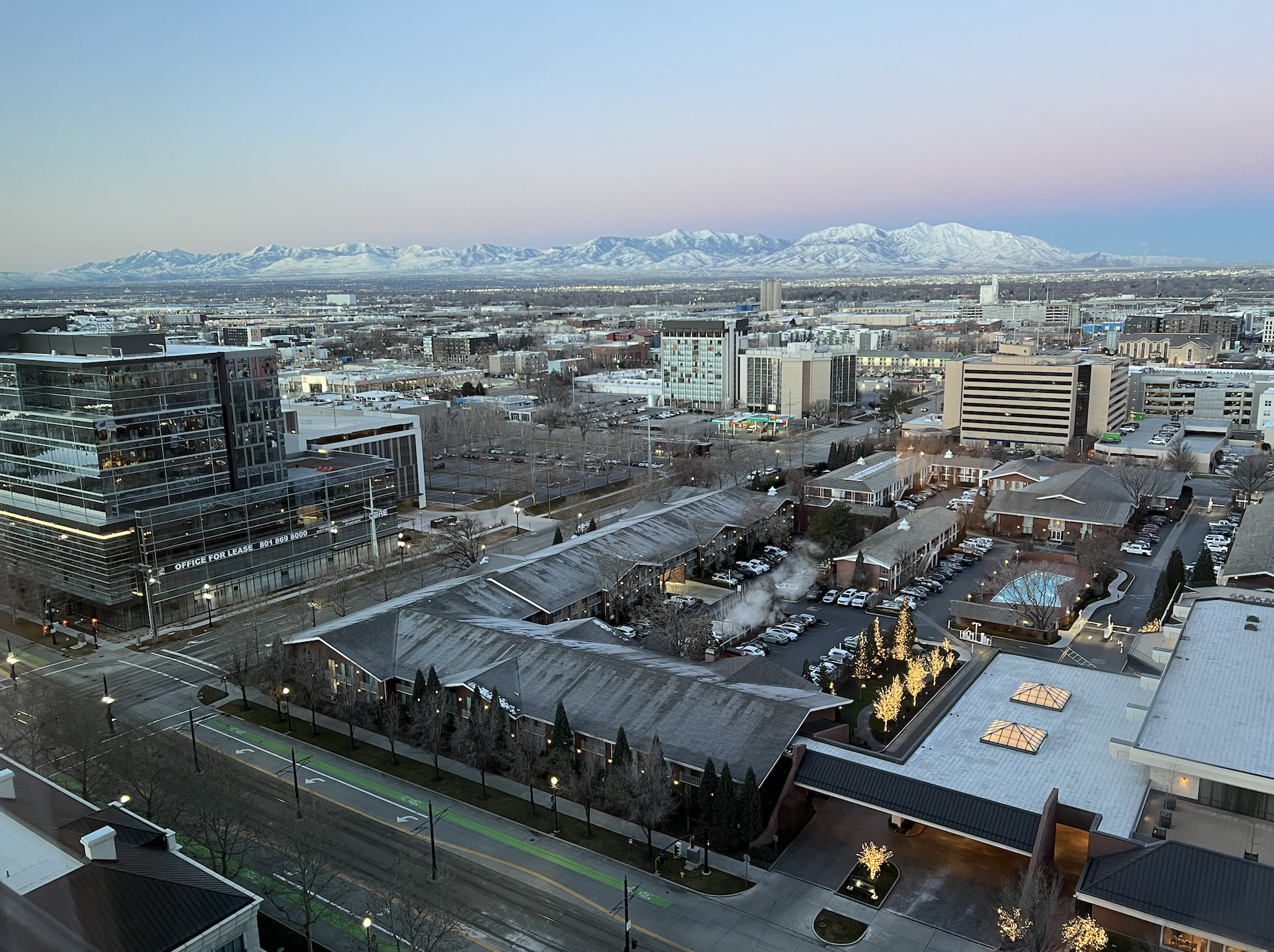There are many definitions of hosting that my colleagues and I are evolving into. I laugh when I remember back to an event earlier this year, where, at the start Chris Corrigan offered a definition and named it as one of 87 that we would offer in the coming three days together. He laughed. I laughed. We all did. What makes humor funny is it’s truth.
Here’s a definition that I like from the Community of Practice in Upper Arlington, Columbus, Ohio:
“Hosting is an emerging set of practices for facilitating group conversations of all sizes, supported by principles that:
– maximize collective intelligence;
– welcome and listen to diverse viewpoints;
– maximize participation and civility;
– and transform conflict into creative cooperation.”
What I like about this is that it comes from many years now of work in the area around conversational leadership. I also like that it names as practice in form and in value of some very basic things that most systems want. It’s good, direct language.
I also would add a bit further through another lens. Hosting is what we do to create basic conditions so that the energy of people in the room can co-mingle and entangle. Co-mingle is to mix, to invite a shared wholeness and creation. To entangle is to become a new entitity and remain as such in some manner. It is an emergent entity. I heard Edgar Mitchell, founder of IONS speak this recently, “resonance is nature’s way of transfering information.” Hosting, from this view, is about giving us access to each other’s resonance. It is often in the form of conversational practices that are deliberately focused on particular questions. However, it is more — the silence, the play, the shared inquiry, the poetry, the agreements, the listening, and the like — each creates additional ways to come into a shared resonance. From the living systems view of “people support what they create” this means that hosting is about creating conditions so that this resonance sharing can happen, and thus support of what is created.
Hard to find words for it. But I sense it is what is happening and what is most promising when I think of how we respond to the challenges of this day. Or when I try to make sense of why so many past AoHs have gone so well — in client systems and in open-enrollment learnings.



